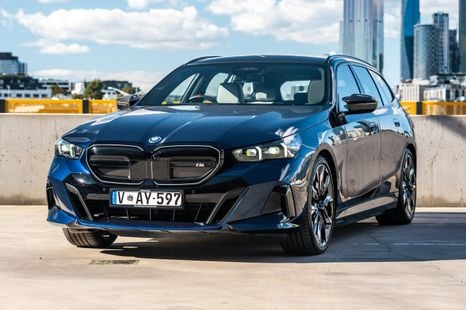

Damion Smy
2026 BMW i5 Touring review
5 Hours Ago
Diesels may reign supreme in utes and large SUVs, but diesel-powered passenger cars are few and far between in Australia.

Contributor
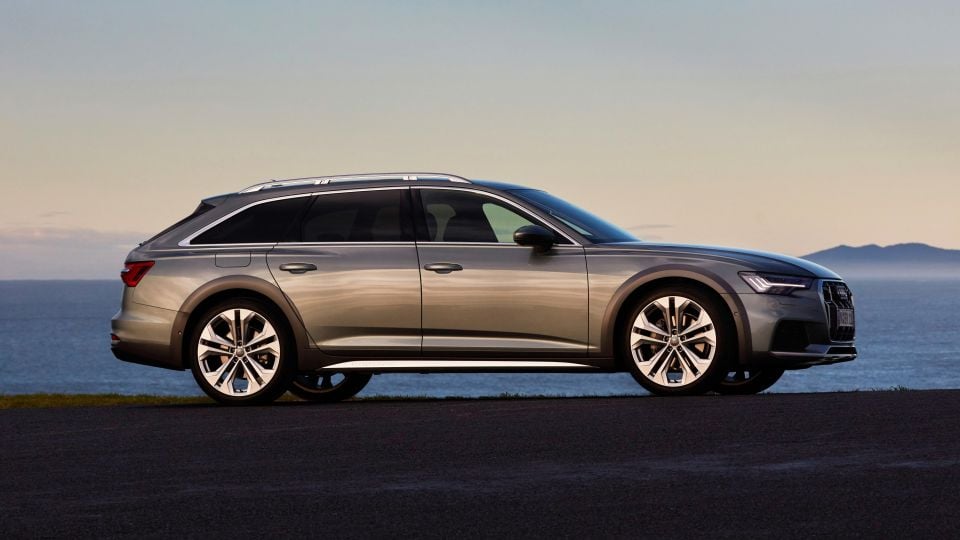

Contributor
On face value, diesel cars appear to carry several benefits compared to their petrol counterparts.
Compared to conventional petrol engines, they generally offer greater fuel efficiency and more torque for easy drivability and greater towing capacity.
While their towing ability and fuel efficiency continues to make them a popular choice amongst buyers of larger SUVs and utes, sales of diesel passenger cars – sedans, hatches, wagons, people movers, coupes and convertibles – have dropped significantly over the last decade.
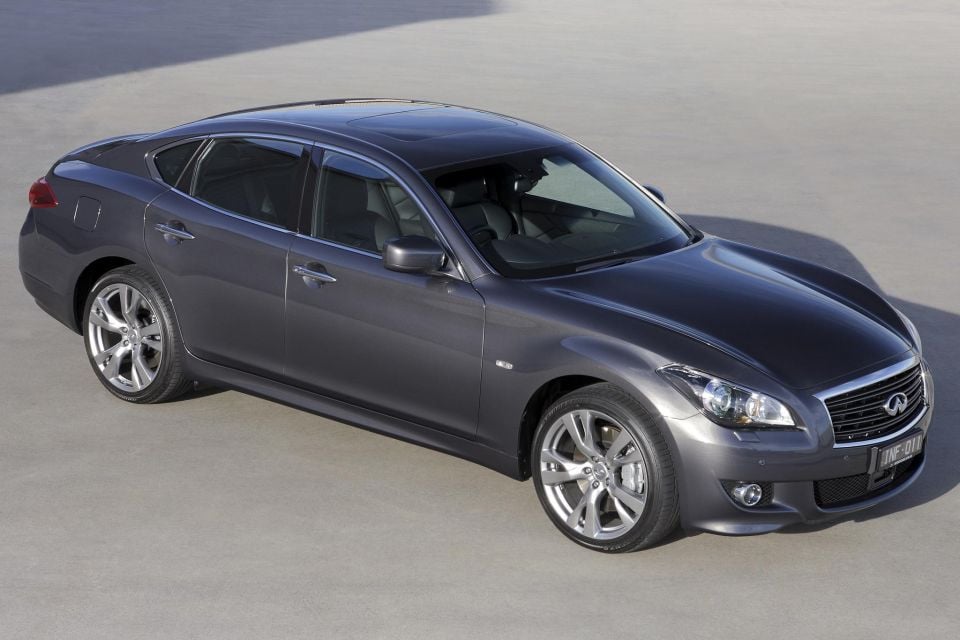
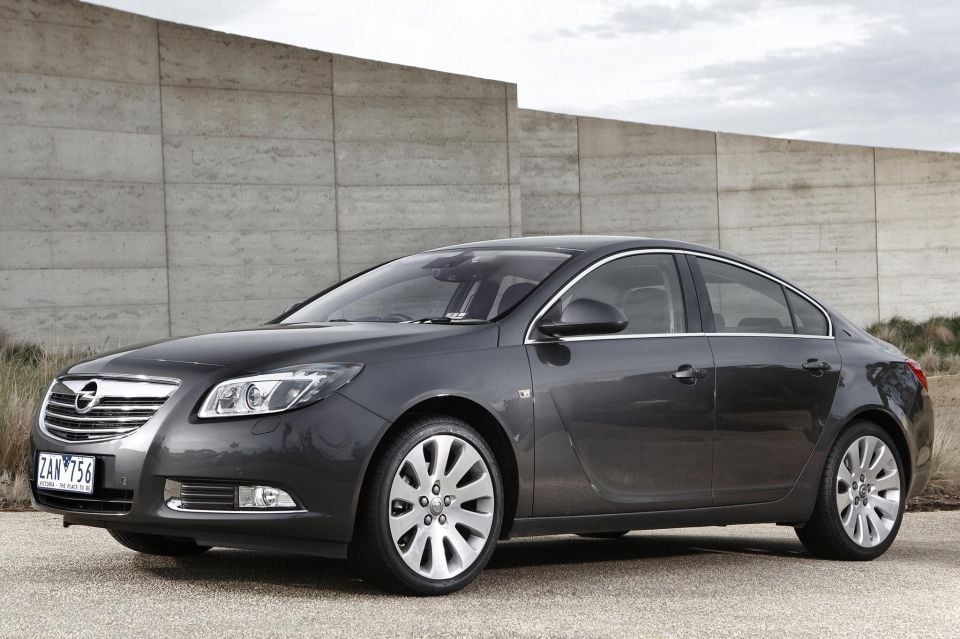
Ten years ago, 21 brands offered diesel-powered sedans, including premium marques like Alfa Romeo and Jaguar and mainstream brands like Ford and Mazda. Even just five years ago, there were still 14 brands selling diesel sedans in Australia.
In 2022, however, there’s currently only one option available.
This is commensurate with a broader drop in diesel passenger car sales. From January to May of this year, just 3624 diesel-powered passenger cars have been sold.
During the same period in 2012, a total of 18,700 diesel-powered passenger cars were sold. That represents a decline of just over 80 per cent.
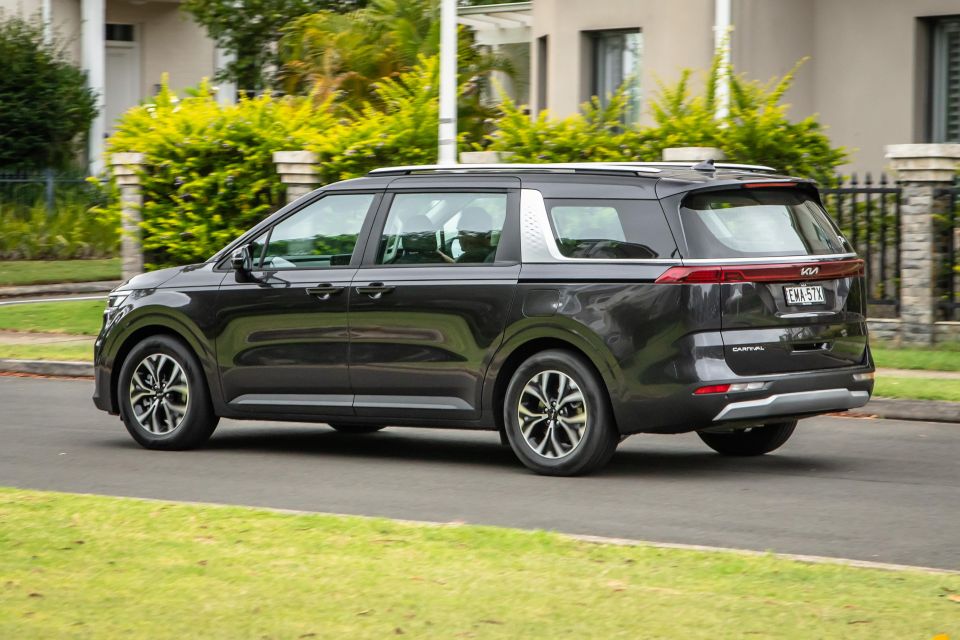
While there are a number of reasons for this drop-off, key is the emergence of more affordable and often more efficient hybrid vehicles, as well as the arrival of more battery-electric vehicles.
Hybrid vehicles offered by Toyota, for example, are available at minimum additional cost compared to a conventional petrol engine, yet typically offer better refinement, comparable performance and none of the additional maintenance outlay that a similar diesel engine would require, all with better fuel economy and lower emissions.
Recently, diesel prices at the bowser have also increased, and with the black pump no longer being significantly cheaper than petrol, battery-electric vehicles are able to be recharged at a fraction of the cost of filling up a diesel car.
Nevertheless, some manufacturers persevere with diesel engines in their passenger car line-ups. Here’s what’s currently available.
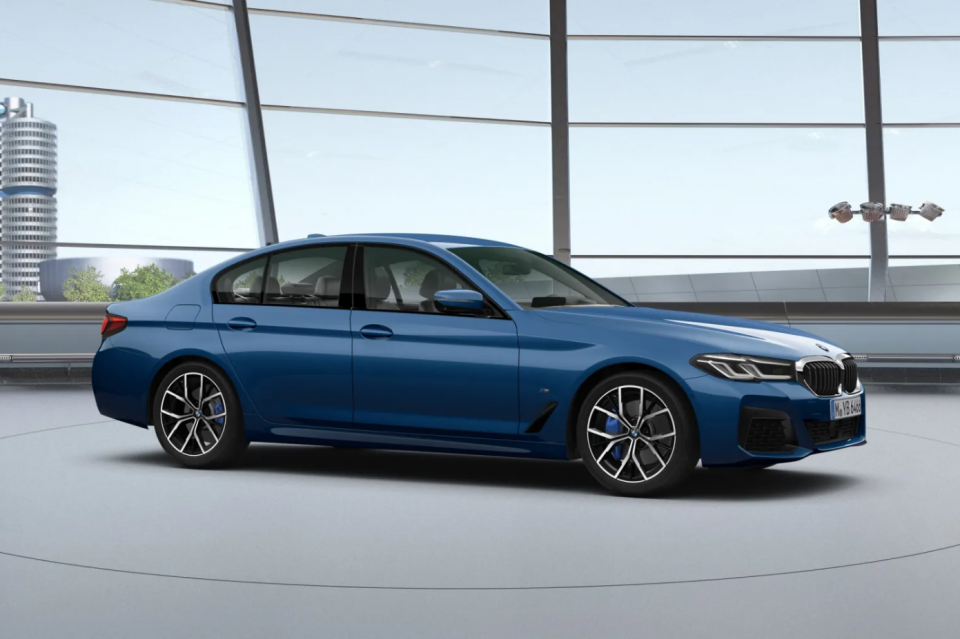
A decade ago, European marques were all in favour of the diesel-powered sedan as oil-burners were tremendously popular on the continent. Plenty made their way here, including diesel-powered Alfa Romeo, Audi and Mercedes-Benz sedans.
In today’s market, however, BMW is the last brand standing, with the 530d model being the only diesel sedan currently available to order in the Australian new car market.
Powered by a 3.0-litre six-cylinder turbo-diesel engine, the 530d produces 195kW of power and 620Nm of torque, propelling the car from 0-100 km/h in a rapid 5.7 seconds. Combined cycle fuel consumption is listed at a low 5.5 litres per 100km, with prices starting from $125,400 before options and on-road costs.
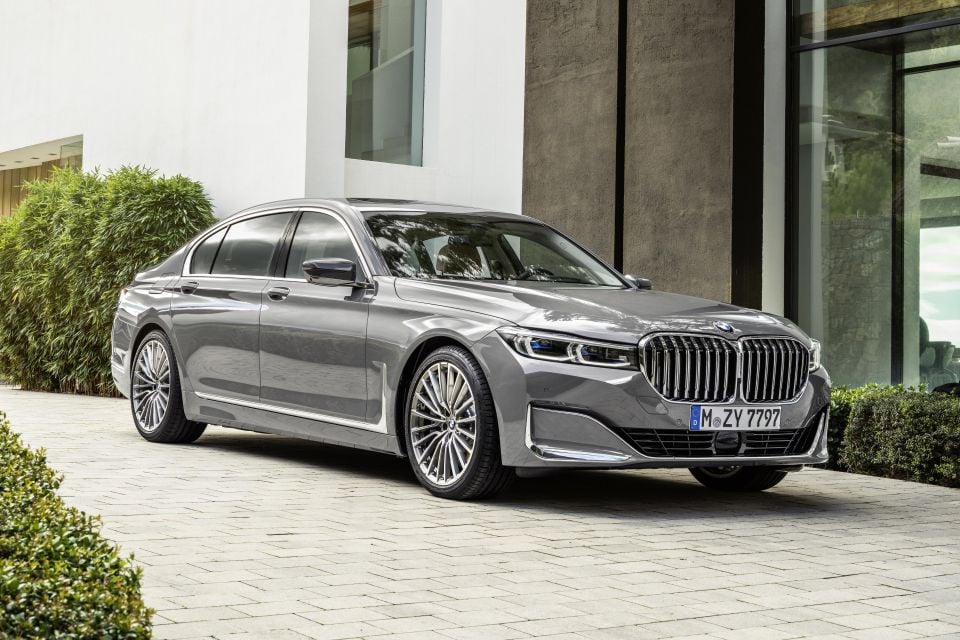
BMW also offered the same engine in the recently superseded G11 7 Series, sold here as the 730d. Commensurate with its larger size and greater weight, the 730d offers a slightly worse fuel economy of 5.7 litres per 100km combined, with performance dampened slightly to an acceleration of 6.1 seconds for the 0-100 km/h sprint.
Other recently discontinued options include the Genesis G80 2.2D, which was offered for a short period during 2021, as well as the Audi A8 50 TDI quattro, a direct competitor to the 730d listed above.
While there’s one diesel sedan remaining, diesel coupes and convertibles are dead in Australia.
The last diesel-powered coupe sold here was the Mercedes-Benz E220d in 2020, while diesel-powered convertibles – excluding SUVs with removable roofs – died in 2016 with the demise of the diesel Audi A3 and A5 and BMW 4 Series.
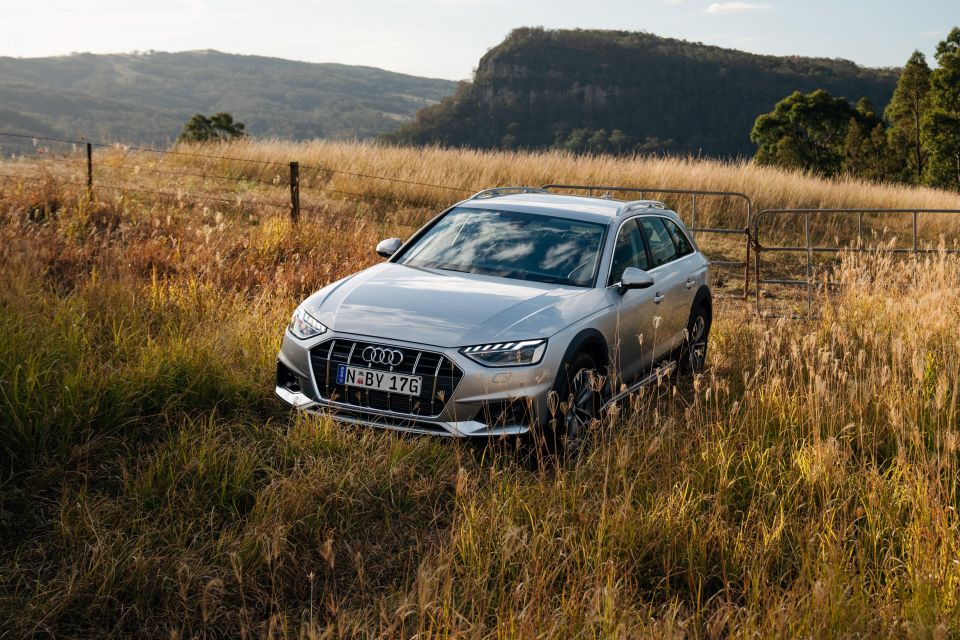
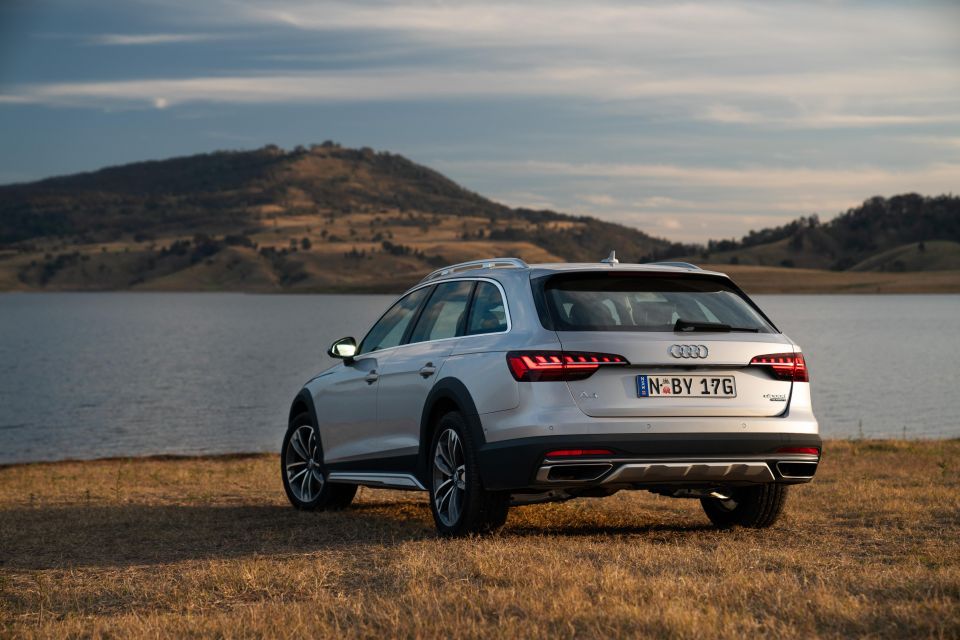
Wagons have generally been a more niche option compared to sedans in the Australian market, and diesel-powered examples are even more so.
While Skoda and Volkswagen traditionally offered diesel versions of their mid-sized wagons, Audi is now the only Volkswagen Group brand to offer a diesel wagon. Two, in fact: the A4 allroad and A6 allroad.
The A4 allroad 40 TDI quattro is the smaller (and cheaper) option, and is available with a 2.0-litre four-cylinder turbo-diesel engine producing 140kW of power and 400Nm of torque, with a claimed 0-100 km/h time of 7.3 seconds.
Combined fuel economy sits at 4.9 litres per 100km, and the model is priced from $75,200 before on-road costs and options.
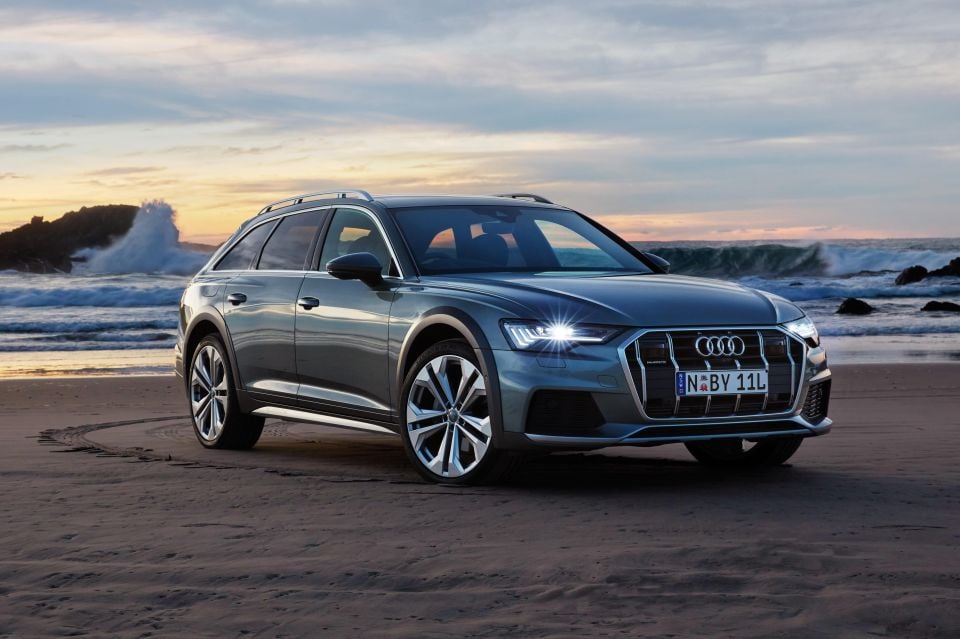
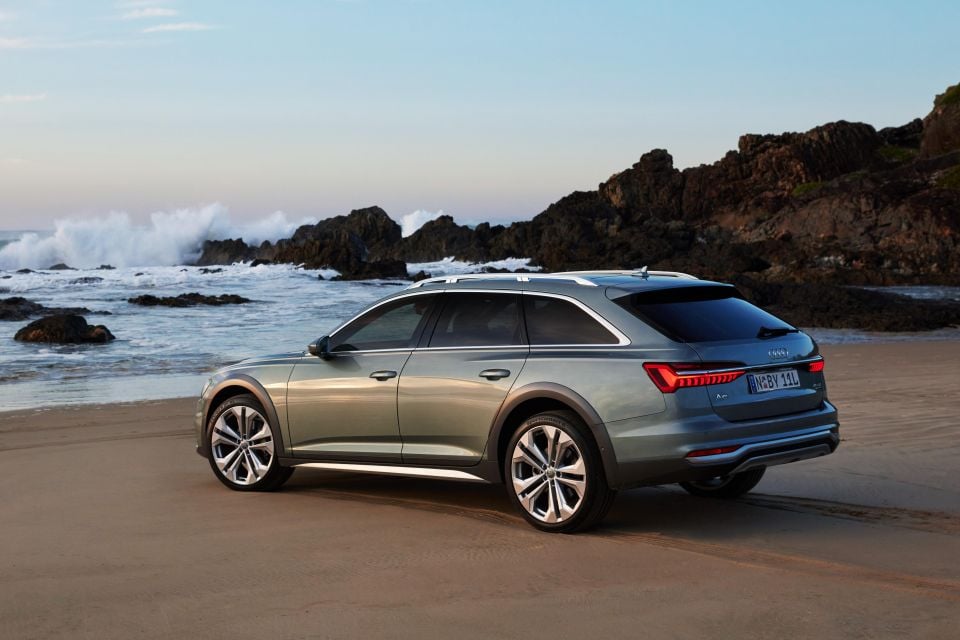
The larger A6 allroad 45 TDI quattro packs a 183kW six-cylinder turbo-diesel engine producing a substantial 600Nm of torque, allowing the car to complete the 0-100 km/h sprint in 6.5 seconds.
Fuel economy remains reasonable at 6.6 litres per 100km on the combined cycle, and prices start at $116,400 before on-road costs and options.
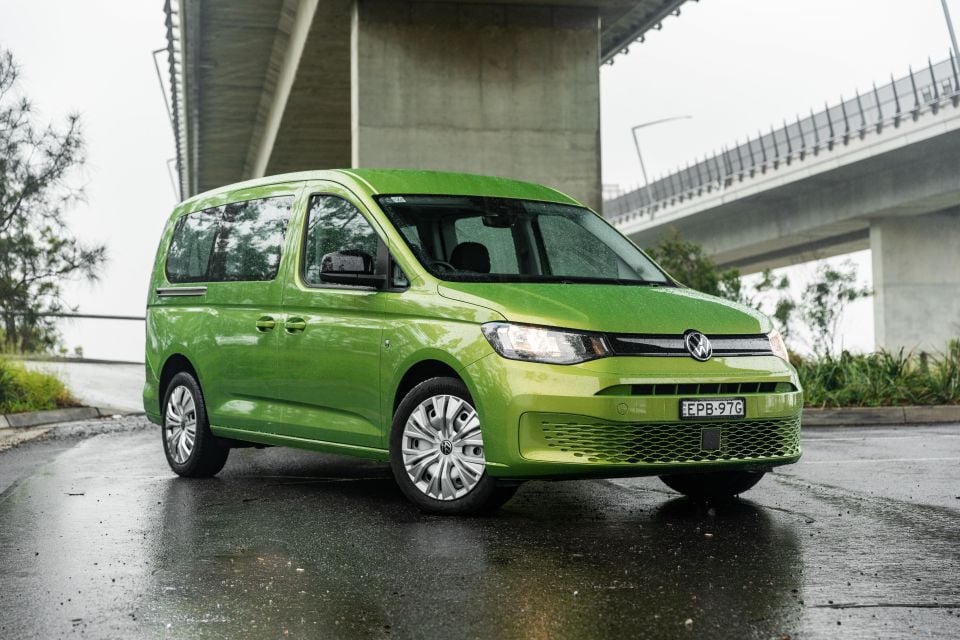
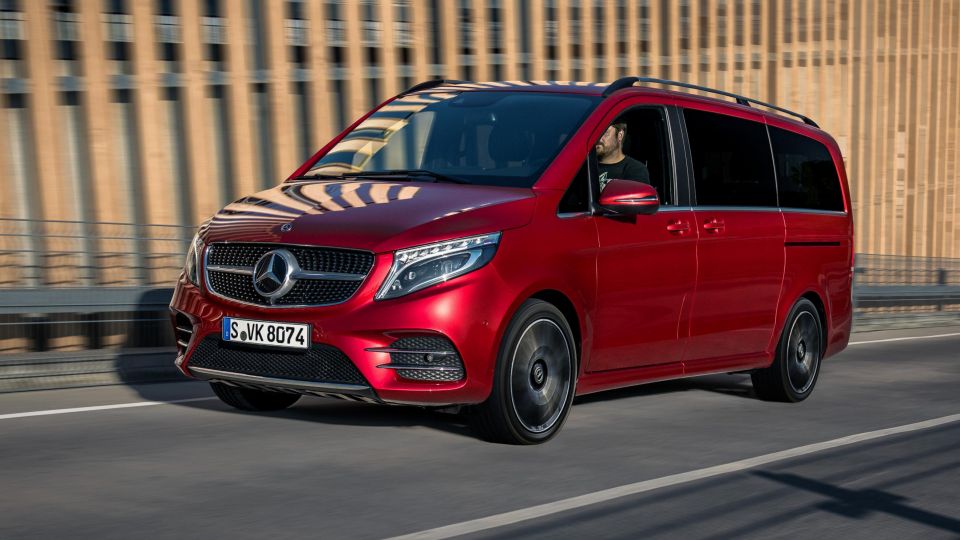
More than any other class of car described here, people movers have the greatest availability of diesel engines. This is partly due to many options in this class being adapted from humble van-based origins, but also due to the fact that the substantial torque produced at low RPMs makes a diesel especially suited to carrying a large number of passengers.
Germany and Korea are key players here. On the German side, Mercedes-Benz offers its V-Class people mover, and related camping focused Marco Polo and cheaper Vito Tourer models with a range of diesel engines.
There’s a 120kW/380Nm 2.0-litre turbo-diesel four-cylinder available in the Vito Tourer and V220d, while more powerful V-Class variants comprise the 140kW/440Nm V250d and 147kW/500Nm V300d.
Prices range from $70,336 for the Vito Tourer to $121,199 for the Marco Polo Horizon model, all before on-road costs.
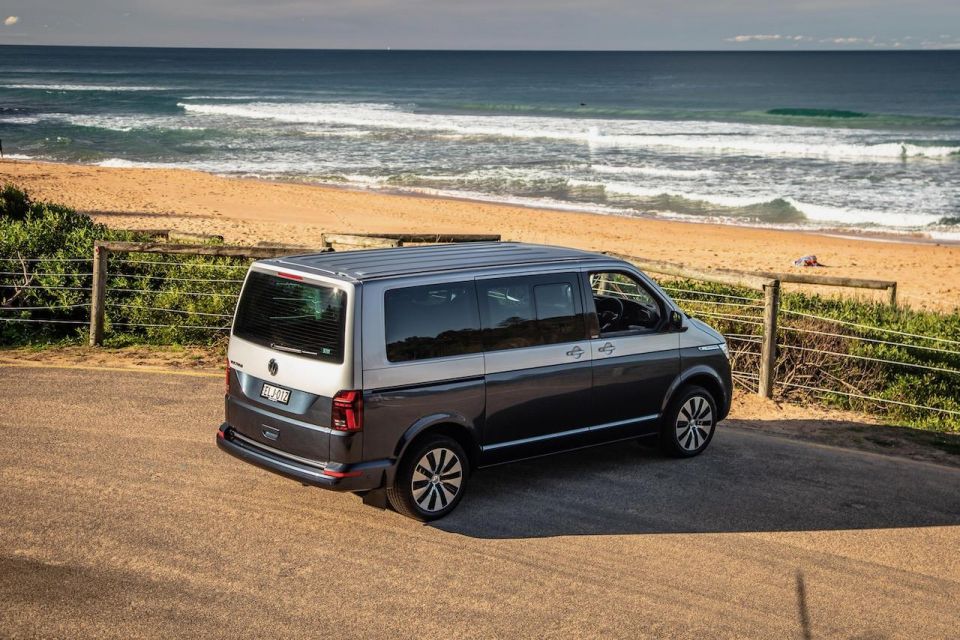
Volkswagen also offers a range of options at multiple price points, spanning the smaller Caddy range as well as the larger T6.1 Multivan and associated variants, including the Caravelle and California Beach. Caddy models are offered with a 2.0-litre four-cylinder turbo-diesel option, producing 90kW of power and 320Nm of torque.
Meanwhile, the Multivan-based variants are available in TDI340 guise, featuring a 2.0-litre turbo-diesel engine making 110kW of power and 340Nm of torque, as well as a more powerful TDI450 variant, producing 146kW of power and 450Nm of torque.
The Caddy range is priced from $48,140 before on-road costs, whilst diesel T6.1 models start from $63,090 before on-roads.
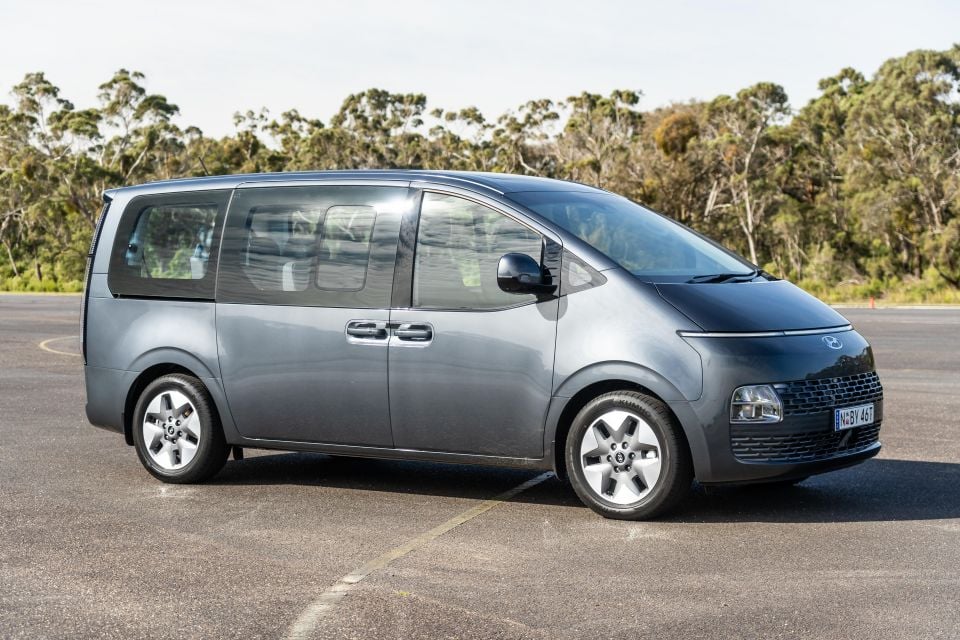
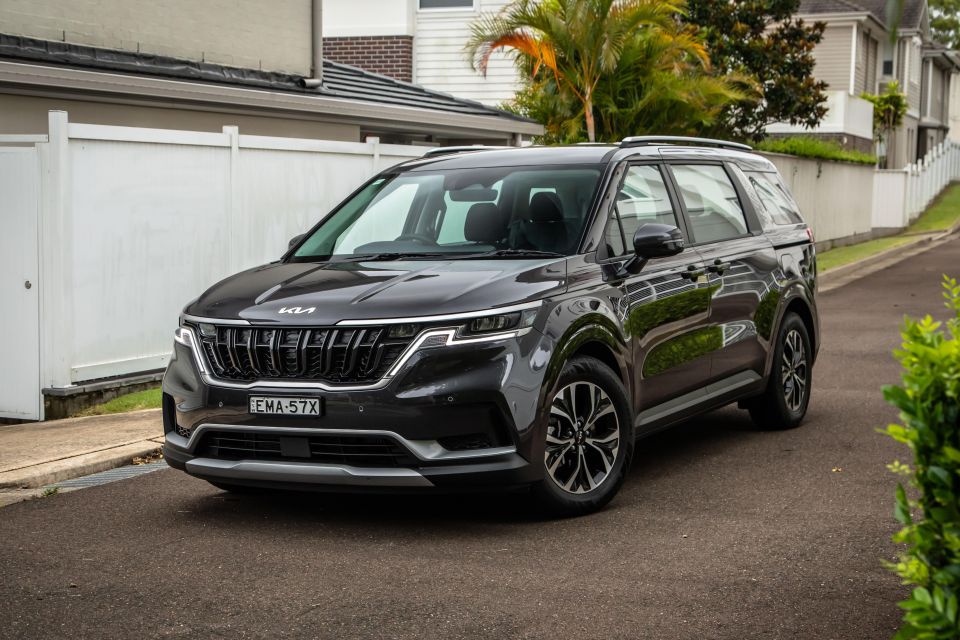
Hyundai and Kia offer diesel options in their Staria and Carnival people movers respectively.
Hyundai offers the space-age Staria with a 2.2-litre turbo-diesel producing 130kW of power and 430Nm of torque, while the Carnival is available in with the same engine, but in a more powerful state of tune that allows it to produce 148kW of power and 440Nm of torque.
The Carnival is front-wheel drive, while the Staria is all-wheel drive.
Staria diesel models are available from $51,500 before on-roads, while the Carnival is available from $53,690 before on-road costs.


Damion Smy
5 Hours Ago
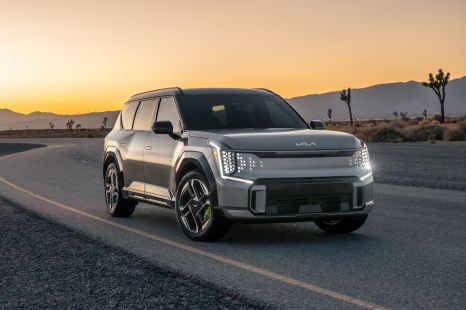

William Stopford
13 Hours Ago
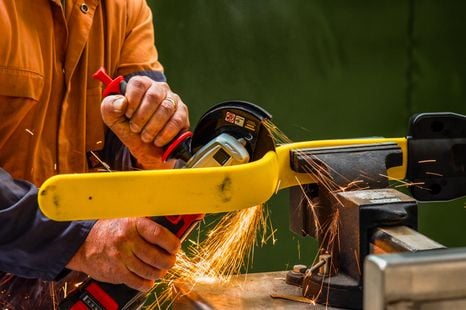

Paul Maric
14 Hours Ago
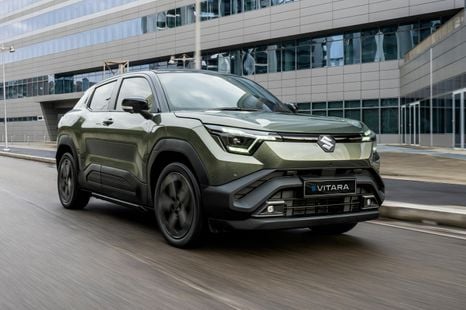

Damion Smy
14 Hours Ago
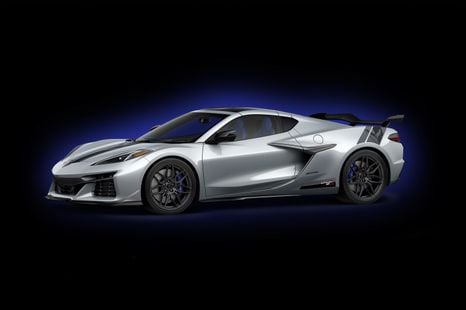

Damion Smy
17 Hours Ago
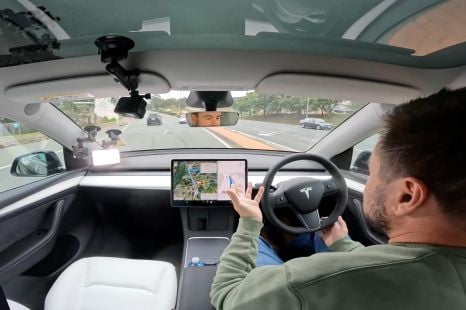

William Stopford
17 Hours Ago
Add CarExpert as a Preferred Source on Google so your search results prioritise writing by actual experts, not AI.